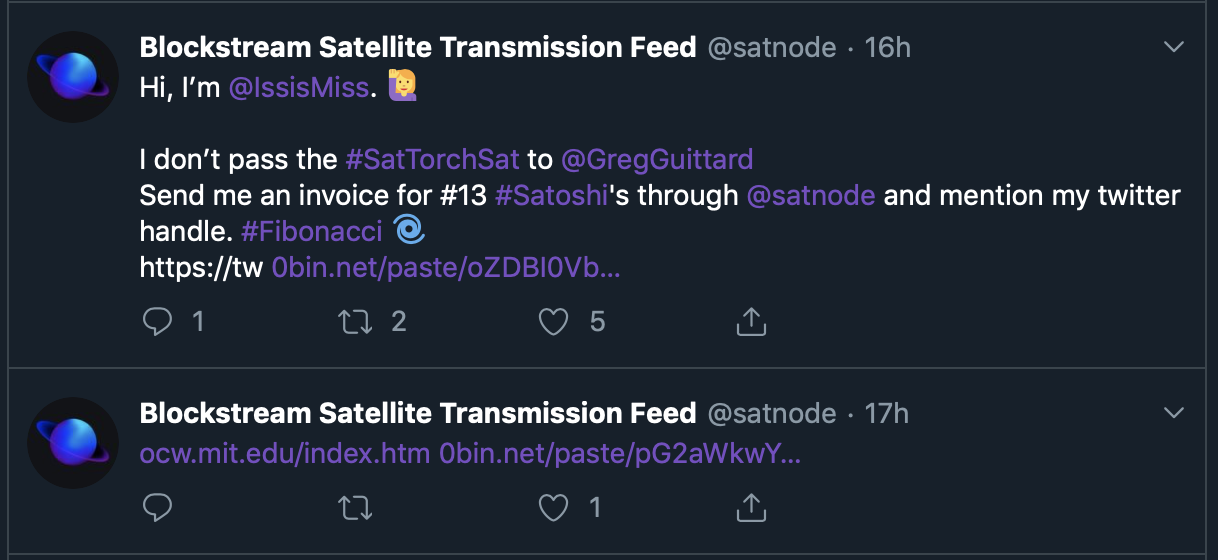Best peer-to-peer decentralized exchanges
The Best Bitcoin Peer-to-Peer (P2P) Exchanges of 2023: A Comprehensive GuideDescription: This comprehensive guide covers everything you need to know about why P2P exchanges are important and highlights the top platforms for buying and selling Bitcoin.
Introduction
Peer-to-peer (P2P), decentralized (DEX) exchanges are a growing method of trading bitcoin without the need for a middleman to facilitate the transaction.
An escrow service usually safeguards the transaction, ensuring that neither the buyer’s nor the seller’s assets are at risk. An escrow is a service agreement that holds the assets or money of two parties. In the case of blockchains, an escrow is a smart contract that releases the money once a predetermined condition is met.
What is a P2P exchange? (and how do they work)
P2P or decentralized networks already existed long before Bitcoin. They involve the exchange or sharing of information, money or assets over the internet between two or more parties without the intermediation of a central authority.
P2P exchanges tend to be more relaxed in terms of verification processes, and trading directly with another party means that users can pick their own payment method and the best rate available while enjoying lower transaction fees.
In P2P platforms, users can establish trust in participants through a rating method that shows their reputation as a guarantee of their reliability.
The role of the P2P platform is to simply match buyers and sellers for a small fee, but it does not hold assets and users transfer their funds to a personal wallet right after the transaction has taken place.
Why use P2P exchanges?
One of the main advantages of P2P platforms is that they never cease to function as long as two or more parties continue to communicate and use the service. They do not need to ask permission from anyone to continue working; this is why P2P exchanges are tough to bring down and are more resistant to any type of attack, whether from a state or a private attacker.
There is no disputing that Bitcoin is the most secure P2P network ever built. The on-ramps and off-ramps cannot boast the same level of assuredness. Centralized exchanges are widely recognised as a point of weakness.
In contrast, P2P networks like BitTorrent, LimeWire or The Pirate Bay could never be shut down because they provide no single point of failure typical of centralized entities but a network or peers who have the same interest in keeping the service alive and safeguarding privacy.
A Bitcoin P2P exchange is the natural marketplace for the top cryptocurrency where privacy, censorship resistance and security are best guaranteed versus centralized services. Using P2P exchanges along with cold storage means embracing the Bitcoin ecosystem and supporting it against attacks.
If you want to ensure your privacy is maintained at all times, please refer to our complete guide, “How To Buy Bitcoin Anonymously.”
Best Bitcoin DEXs
Bisq

Bisq is a decentralized peer-to-peer exchange that allows anyone to buy and sell bitcoin in exchange for fiat currencies and other cryptocurrencies. It is a free software with no centrally controlled servers and no single points of failure. It offers different types of payments, including face-to-face and cash, making it an ideal KYC-free solution.
Bitcoin Global

Bitcoin.global is a P2P cryptocurrency exchange that requires no identity verification, waiting times or additional charges, just an email address to get you started.
Hodl Hodl

Hodl Hodl is a peer-to-peer, non-custodial Bitcoin exchange that offers P2P lending services. It requires no KYC or AML procedures and offers many payment options, including cash in-person, prepaid debit cards and bank transfers. It works through a multisig escrow where the seller controls one of the keys and agrees to a payment method with the buyer. Once payment is received, the bitcoin is released and sent to the buyer’s wallet.
Local Coin Swap

Local coin swap is a KYC-free, peer-to-peer, non-custodial exchange that uses escrow protection for users who can buy and sell bitcoin with several payment methods, including cash in-person, cash by mail and gift cards for better anonymity.
Paxful

Paxful is a Bitcoin exchange and digital wallet that offers a wide range of payment methods, including gift cards, vouchers and airline tickets. It usually does not require KYC verification; however, it had to introduce it at the end of 2020 for a number of countries.
Peach

Peach is a peer-to-peer mobile-only app that allows customers to buy and sell bitcoin using Amazon gift cards. The service is still in beta mode, and there’s a waiting list to join it; however, it is one of the few Bitcoin P2P marketplaces on a mobile application for the European market.
Robosats

Robosats is a peer-to-peer, non-custodial Bitcoin exchange ideal for onboarding new users as it’s easy and quick to use. It requires no KYC since it’s based on pseudonymous avatars that allow customers to trade Bitcoin over the Lightning Network using the TOR browser only.
Telegram

Telegram, in April, revived an abandoned blockchain project called Wallet Bot that allowed users to buy bitcoin. They have recently launched a peer-to-peer cryptocurrency exchange that users can join to send crypto via chat messages, with only a telephone number required for verification.
You can visit a complete list of P2P decentralized exchanges that require very little or no KYC on GitHub.









